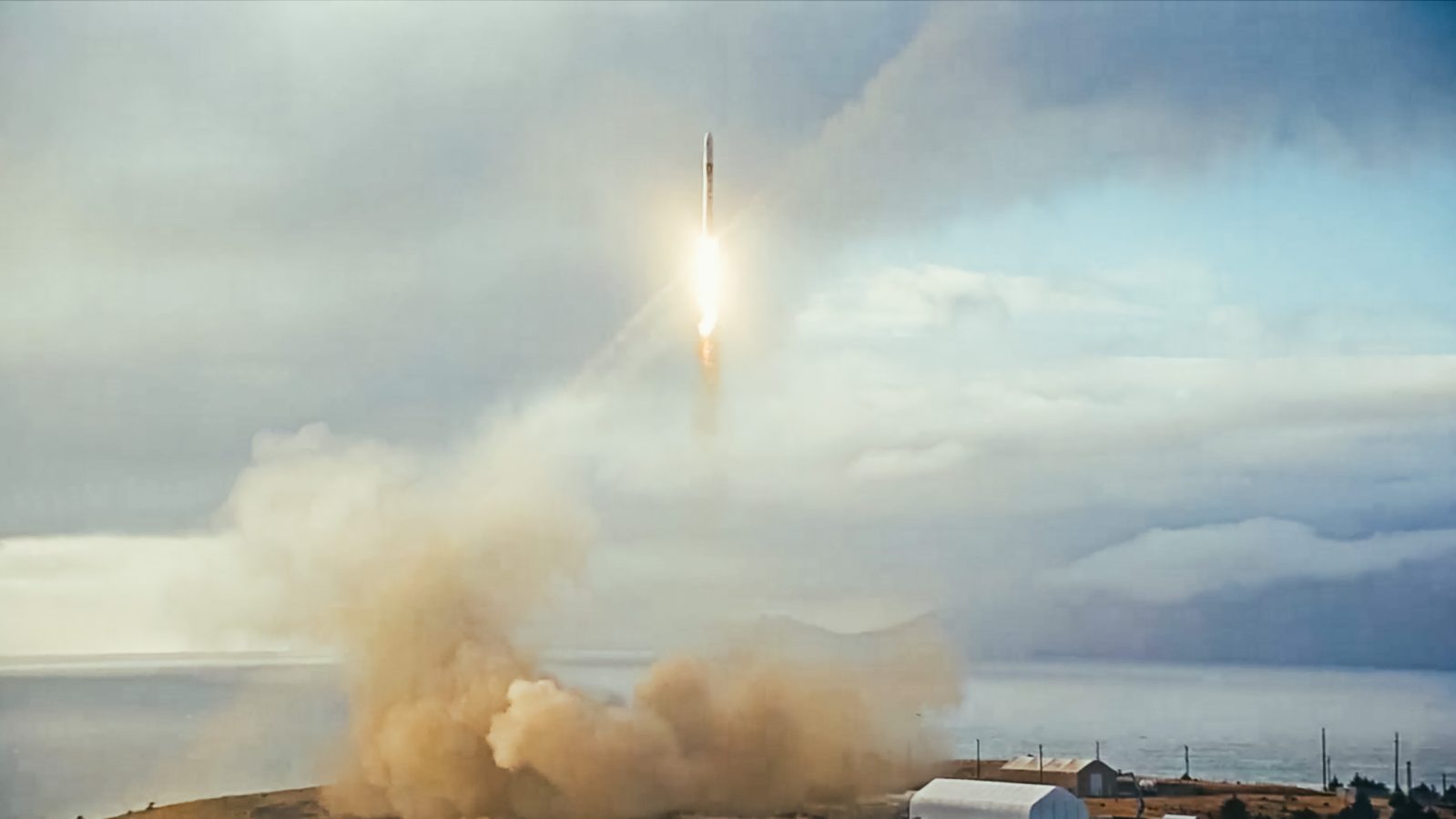
ABL Space Systems announced Monday that the FAA closed its mishap investigation into the anomaly that took place during its inaugural RS1 launch. The company now has a list of corrective actions to go through before it can attempt to launch its rocket again.
ABL on their way to next launch
You might have forgotten about this one, because I know I certainly did, but earlier this year ABL Space Systems launched its first RS1 rocket. Well, it attempted to that is.
On January 10, 2023, ABL attempted to launch its first RS1 rocket from the Pacific Spaceport Complex – Alaska, near Kodiak. The company didn’t provide any live webcast, but did provide updates on what was then called Twitter now X (those were the days). The coverage ended with the company stated that an anomaly took place, destroying the pad and rocket after liftoff.
According to Monday’s statement, we now have more details as to what actually took place that day.
The mishap occurred 10.93 seconds after liftoff, when a fire in the aft cavity damaged key harnesses and triggered a complete loss of power. All engines shut down simultaneously as engine valves de-energized and terminated thrust, causing the vehicle to impact and detonate on the launch pad at the Pacific Spaceport Complex in Kodiak, Alaska. The source of the fire is attributed to an overly restrictive launch mount and flame deflector that created plume recirculation, overloading RS1’s base heat shield.
ABL Space Systems
After the failed launch, ABL began its mishap investigation which was overseen by the FAA. In part of that investigation ABL found 22 corrective actions that are needed to prevent a future similar mishap. The company will have to close out any dealing with public safety before receiving the go ahead from the FAA to launch again.
Join our Discord Server: Join the community with forums and chatrooms about space!
Can ABL make a dent in SpaceX?
ABL’s RS1 is a light lift rocket, carrying up to 1,350 kg to low Earth orbit and is designed to launch at pads with minimum infrastructure, shipping its rockets within shipping containers.
SmallSat launches have been all the buzz for a few years now ever since Rocket Lab began launching its Electron rocket regularly. However, the market hasn’t been kind to many startups trying to compete in the now crowded industry. Virgin Orbit went belly up earlier this year, Astra is most likely next, and Relativity canned its SmallSat launcher for a bigger rocket design.
The biggest challenge has been SpaceX. Yes, SpaceX the company whose smallest rocket can launch a bundle of these other launchers all at once. The company began providing rideshare missions in 2021 and launches hundreds of satellites at a time.
SpaceX can do this at a much lower cost than dedicated rockets thanks to having so many customers on one flight.
ABL has 70 flights on its manifest, however, and has Lockheed Martin both as an investor and partner to launch a large number of missions for. The biggest challenge for many launch startups is finding an anchor customer like that. SpaceX had NASA and Iridium, Rocket Lab had Planet, Spire, and BlackSky, and Virgin Orbit had, well, no one.
NASA, and even the Department of Defense, have become more open to launching on higher risk rockets with small contracts and is less lightly to nearly fund a rocket entirely like it did for SpaceX. So reliance on a commercial partner to purchase a bulk of launches is a key to success.
The biggest question is however: Can anyone make a dent into SpaceX rideshare missions and still be profitable?
FTC: We use income earning auto affiliate links. More.



Comments